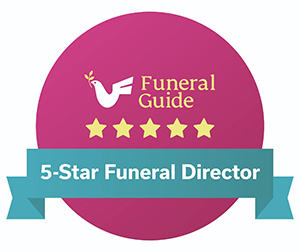Find the essence
Throughout their whole life, there was a background to the deceased’s life and this scenery can help add context to the story. Perhaps they lived through key events in the world’s history or shared a birth with someone famous.
Understand their background
In addition to your personal knowledge of the deceased, talk to other family members and friends so you are able to give a rounded talk about their life. Information that may be helpful to you may be their hobbies and interests and where they have worked. Always coordinate with any other speakers, if there are any, so you aren’t repeating the same information to the congregation.
Start at the begining
It is always best to start at the beginning – where and when were they born, what was their childhood like? These can provide valuable information.
Experiences
Each of us has lived a life full of experiences that are unique to us. These personal experiences can be a great thing to share with the deceased’s friends and family at the funeral.
Whose lives have they touched?
No man is an island, each of us touch and are influenced by people throughout our lives. Speak about the deceased’s family – their parents, spouse and children if applicable and any other people they touched in their life.
Celebrate their achievements
From winning sports day to gaining a degree, every life has achievements to be proud of and that should be celebrated in a eulogy.
Surprise them
Great eulogies make people sit up and take notice. Perhaps it is something that you didn’t find out until they died or a particular happy memory that may have been long forgotten. If people approach you afterwards and say, “I never knew that about them”, you know you’ve done a fine job.






